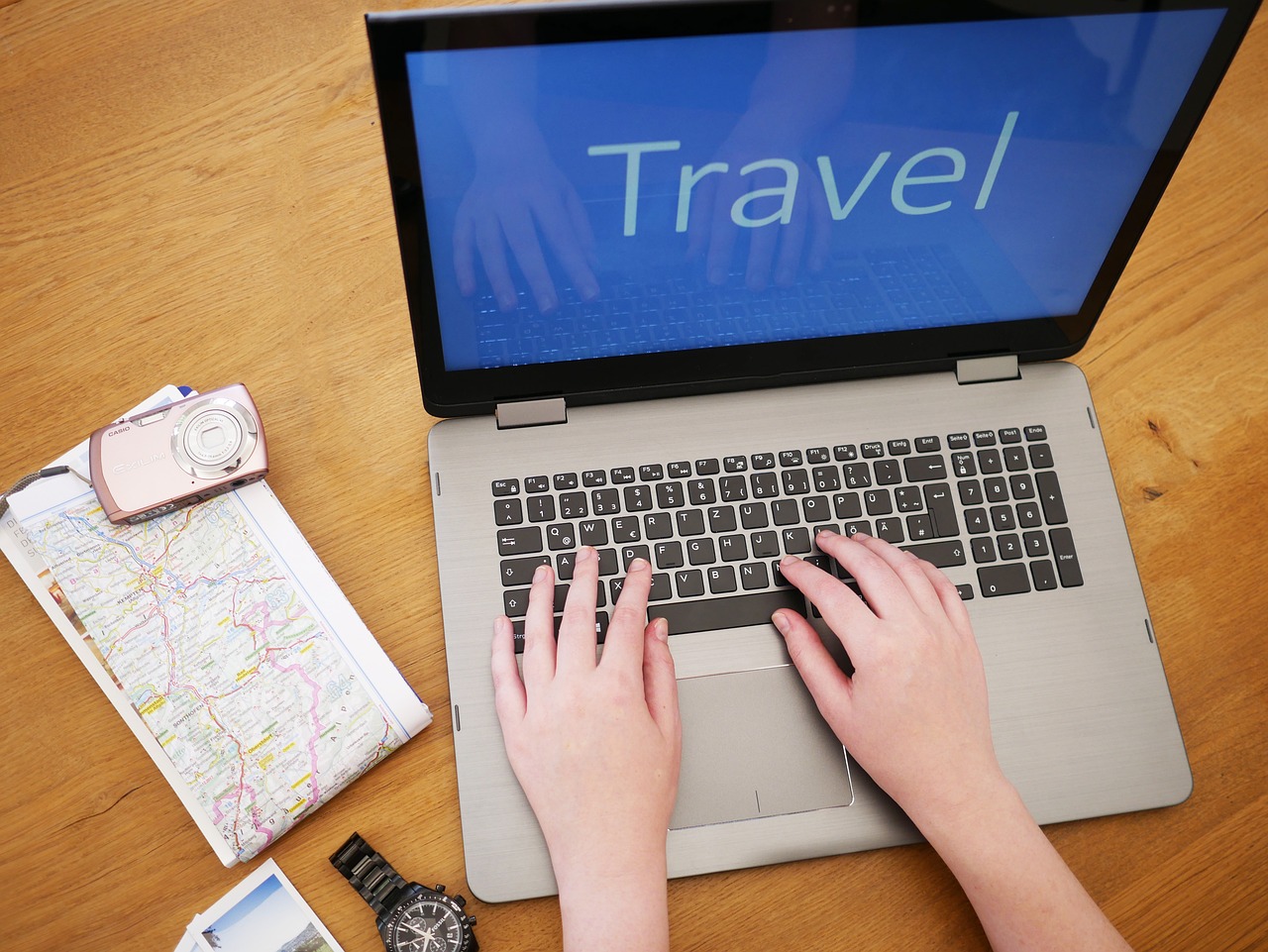Travel booking technology has revolutionised how we plan and purchase our holidays. Gone are the days of lengthy phone calls to travel agents or queuing at high street offices. Digital platforms now handle millions of bookings daily, connecting travellers with flights, hotels, and experiences within seconds. This technological shift has created a more accessible, efficient, and competitive travel market that benefits both consumers and businesses.
The sophistication of modern booking systems extends far beyond simple transaction processing. These platforms integrate real-time pricing, availability checks, and personalised recommendations to create seamless user experiences. For travel companies, this technology represents the difference between thriving in a competitive market or falling behind.
The Foundation of Modern Travel Platforms
Successful travel booking platforms rely on three essential components that work together to deliver reliable service. The search functionality must process vast amounts of data from multiple suppliers, comparing prices and availability across thousands of options simultaneously. This requires powerful algorithms that can filter results based on user preferences whilst maintaining fast response times.
The booking engine serves as the platform’s core, managing reservations across different suppliers and handling complex pricing structures. Modern systems must accommodate dynamic pricing, package deals, and promotional offers while maintaining accuracy throughout the purchase process. Integration with multiple payment gateways allows customers to complete transactions using their preferred methods, from traditional credit cards to digital wallets and buy-now-pay-later services.
Customer management systems track user preferences, booking history, and support interactions to provide personalised service. These systems generate valuable insights that help companies improve their offerings and identify new market opportunities.
Innovation Drivers Shaping the Industry
Mobile applications have fundamentally changed traveller expectations and behaviour patterns. More than 60% of travel bookings now originate from mobile devices, pushing companies to prioritise mobile-first design approaches. These apps offer features impossible through traditional channels, including location-based recommendations, instant booking confirmations, and real-time travel updates.
Artificial intelligence powers increasingly sophisticated personalisation engines that analyse user behaviour to suggest relevant destinations, accommodations, and activities. Machine learning algorithms process booking patterns, search histories, and demographic data to present options that match individual preferences. This personalisation extends to pricing strategies, where AI determines optimal price points based on demand patterns and competitor analysis.
Voice search technology and chatbots have introduced new interaction methods, allowing travellers to make inquiries and bookings through natural language conversations. These tools reduce friction in the booking process while providing 24/7 customer support capabilities.
Addressing Critical Challenges
Data security remains a paramount concern as travel platforms handle sensitive personal and financial information. Modern booking systems implement multiple layers of protection, including encryption protocols, secure payment processing, and regular security audits. Compliance with regulations like GDPR requires careful data handling practices and transparent privacy policies.
Platform integration presents ongoing technical challenges as travel companies work with dozens of suppliers, each with different systems and data formats. Application programming interfaces (API) standardisation has improved, but companies still invest heavily in maintaining reliable connections with hotel chains, airlines, and activity providers. Real-time synchronisation prevents overbooking whilst maintaining accurate pricing across all sales channels.
Managing peak demand periods tests system scalability and reliability. Travel booking platforms must handle traffic spikes during holiday seasons, flash sales, or unexpected events without compromising performance or losing potential customers.
Embracing Digital Transformation
Travel booking technology continues advancing at an unprecedented pace, creating opportunities for companies that adapt quickly to changing market conditions. Success requires balancing technological innovation with user experience excellence, maintaining the human touch that makes travel special whilst leveraging automation to improve efficiency and reduce costs. Companies that invest in robust, scalable booking platforms will be best positioned to capture market share as the travel industry continues its digital evolution.



